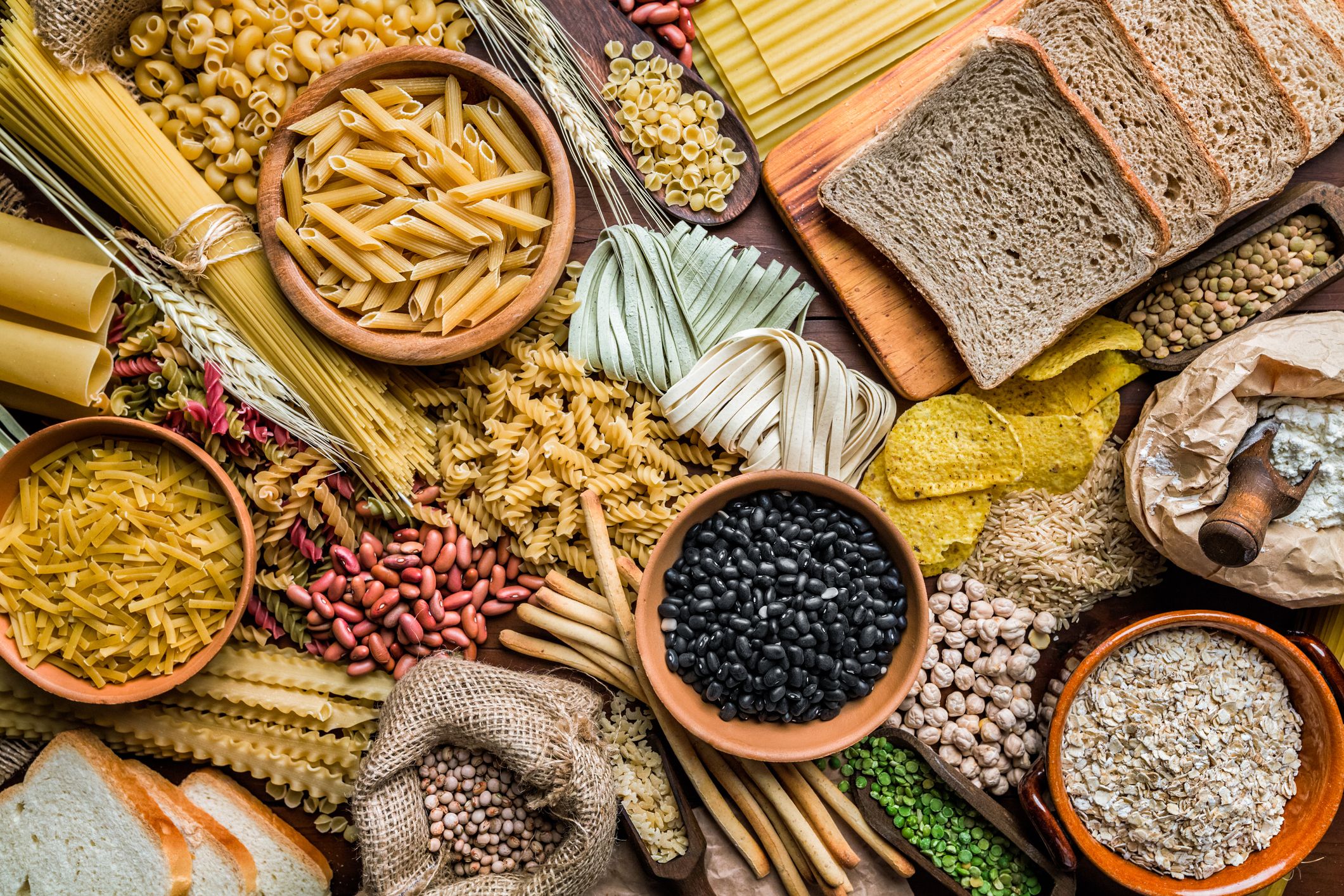Click Info Track: Your Daily Dose of Insights
Stay updated with the latest trends and information across various topics.
Carbs: The Delicious Path to Your Fitness Goals
Unlock the secret to your fitness goals! Discover how carbs can fuel your body and satisfaction in every bite. Dive in!
Understanding Carbohydrates: Key to Fueling Your Fitness Journey
Understanding carbohydrates is essential for anyone looking to fuel their fitness journey effectively. As macronutrients, carbohydrates serve as the body's primary energy source, providing the glucose necessary for physical activity. When you consume carbohydrates, they are broken down into glucose, which is then used by your muscles during exercise. There are two main types of carbohydrates: simple and complex. Simple carbohydrates, found in foods like fruits and honey, provide quick bursts of energy, while complex carbohydrates, found in whole grains and vegetables, offer sustained energy and are rich in nutrients.
For optimal performance, it’s crucial to choose the right type of carbohydrates for your workout regimen. Aim to incorporate a mix of both simple and complex carbohydrates into your diet. Experts recommend that 45-65% of your total caloric intake should come from carbohydrates, particularly if you're engaging in regular physical activity. For more detailed guidance, you can check the Choose My Plate recommendations on how to balance your meals. By understanding the role of carbohydrates in your diet, you can tailor your nutrition to support your fitness goals and enhance your overall performance.

Navigating the Carb Maze: Which Types Support Your Goals?
Navigating the complex world of carbohydrates can be challenging, especially when trying to support your goals. Not all carbs are created equal, and understanding the differences can significantly impact your performance and health. While some advocate for a low-carb lifestyle, it's crucial to recognize that healthy carbohydrates, found in whole foods like fruits, vegetables, and grains, play essential roles in energy production and overall well-being. Incorporating these nutrient-dense carbs into your diet can help you fuel workouts, maintain stamina, and even aid recovery.
To make informed choices, consider categorizing carbs into three main types: simple carbohydrates, complex carbohydrates, and fiber-rich carbohydrates. Simple carbs, often found in sugary snacks and beverages, can spike energy levels but lead to crashes. In contrast, complex carbs, such as those in brown rice and whole-wheat bread, release energy more gradually and provide lasting fuel. Finally, fiber-rich carbs, like legumes and vegetables, not only support digestion but also help you feel fuller longer. For more detailed insights, check out this guide on understanding carbohydrates.
Are All Carbs Created Equal? Debunking Common Myths
The question Are all carbs created equal? often sparks debate among health enthusiasts. Carbohydrates are categorized into two main types: simple and complex. Simple carbs, found in sugars and processed foods, are quickly digested and can lead to spikes in blood sugar levels. In contrast, complex carbs, which are abundant in whole grains, legumes, and vegetables, provide sustained energy and are packed with nutrients. Understanding the differences between these carb types is crucial; not all carbohydrates contribute equally to our health. For a deeper understanding, check out this detailed article from Healthline.
Many people believe that cutting carbs entirely is the key to weight loss; however, this is a significant misconception. The truth is that our bodies need carbohydrates for energy, brain function, and overall health. Not all carbs are bad; in fact, incorporating the right types—such as fruits, vegetables, and whole grains—can enhance our well-being. When consumed in moderation and within a balanced diet, these carbohydrates can support metabolic processes rather than hinder them. To learn more about carbohydrate balance, read this informative guide from Mayo Clinic.